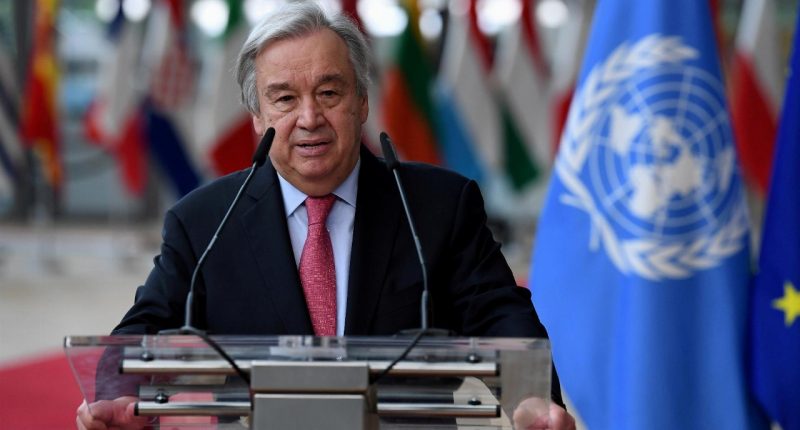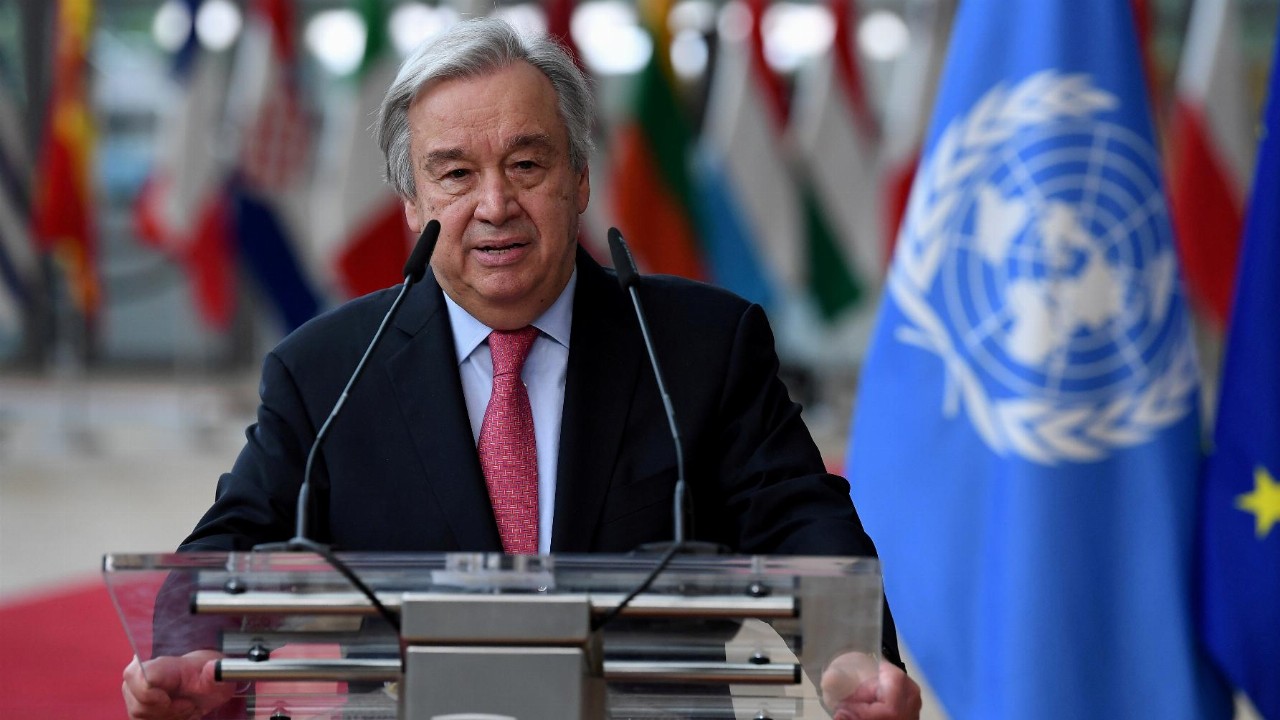- A United Nations (UN) climate panel says in a landmark report that global warming is dangerously close to spiralling out of control
- UN Secretary-General António Guterres described the report as a “code red for humanity”
- The new report said many of the effects had particular relevance to Australia, predicting fires, drought and floods would become more extreme
- British Prime Minister Boris Johnson says he hopes the report will be “a wake-up call before November’s UN COP26 climate conference in Glasgow
- US President Joe Biden has tweeted his support for more climate action
World leaders have reacted to a landmark United Nations (UN) report released yesterday that warns the world is already certain to face further climate disruptions for decades, if not centuries, to come.
The Intergovernmental Panel on Climate said rapid action to cut greenhouse gas emissions could limit some impacts, but others were now locked in.
The deadly heat waves, gargantuan hurricanes and other weather extremes already happening would only become more severe, the report said.
The new report said many of the effects had particular relevance to Australia, predicting fires, drought and floods would become more extreme.
UN Secretary-General António Guterres described the report as a “code red for humanity”.
“The alarm bells are deafening,” he said in a statement. “This report must sound a death knell for coal and fossil fuels, before they destroy our planet.”
The report has been released three months ahead of the UN COP26 climate conference in Glasgow, Scotland, which will try to wring much more ambitious climate action out of nations — and the money to go with it.
British Prime Minister Boris Johnson said he hoped the report would be “a wake-up call for the world to take action now, before we meet in Glasgow”.
US President Joe Biden tweeted Monday: “We can’t wait to tackle the climate crisis. The signs are unmistakable. The science is undeniable. And the cost of inaction keeps mounting.”
Drawing on more than 14,000 scientific studies, the IPCC report gives the most comprehensive and detailed picture yet of how climate change is altering the natural world — and what could still be ahead.
Unless immediate, rapid and large-scale action is taken to reduce emissions, the report says, the average global temperature was likely to reach or cross the 1.5-degree-Celsius (2.7 degrees Fahrenheit) warming threshold within 20 years, the report predicted.
It added the pledges to cut emissions made so far were nowhere near enough to start reducing level of greenhouse gases — mostly carbon dioxide (CO2) from burning fossil fuels — accumulated in the atmosphere.
The report said emissions “unequivocally caused by human activities” had already pushed the average global temperature up 1.1C from its pre-industrial average – and would have raised it 0.5C further without the tempering effect of pollution in the atmosphere.
A rise of 1.5C is generally seen as the most that humanity could cope with without suffering widespread economic and social upheaval.
“The more we push the climate system … the greater the odds we cross thresholds that we can only poorly project,” said IPCC co-author Bob Kopp, a climate scientist at Rutgers University.








